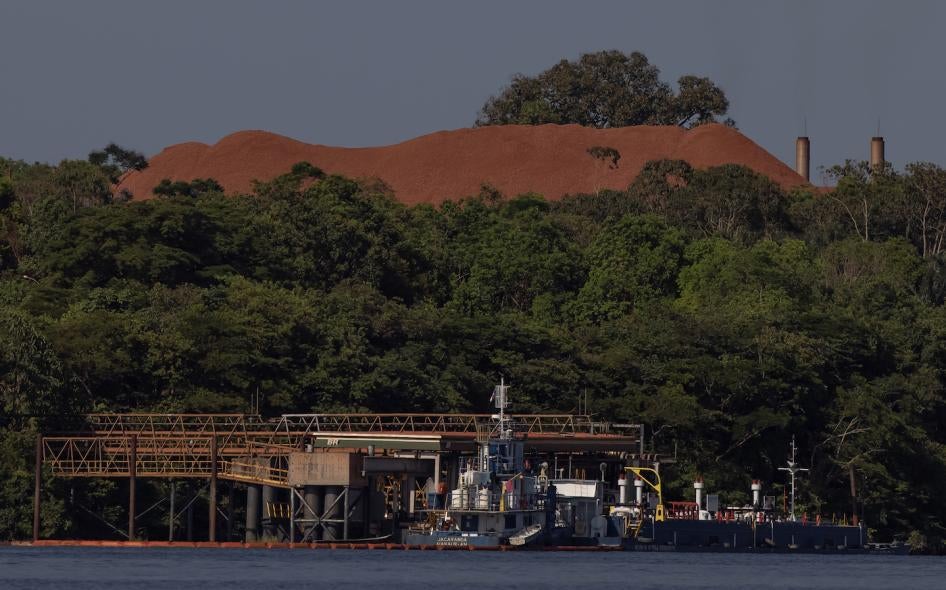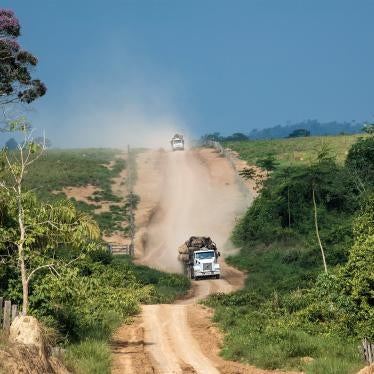Ford’s F-150 Lightning, the electric version of America’s best-selling vehicle, is produced with aluminum linked to deforestation and environmental harms in Brazil’s Amazon rainforest, according to reporting from Bloomberg released last week.
The Bloomberg story describes the effects on communities’ land and water of mining and refining bauxite, the ore needed to produced aluminum, a key material for lightweighting both electric and gas-powered cars. Ford said the company is “committed to a supply chain…that respects human rights” and said the company investigates any allegation of human rights abuses and works “with suppliers to align their business practices with our standards."
The experience of communities in the Amazon is just one example of the environmental and human rights impacts of producing aluminum. Because bauxite is found near the earth’s surface, bauxite mines strip large areas of land, frequently impacting local ecosystems and communities. Bauxite refining creates an alkaline waste product called “red mud” that contains heavy metals and other elements that can be harmful to humans if the waste is not stored correctly and enters local water sources.
Human Rights Watch has documented how bauxite mining in Guinea, West Africa, which possesses the world’s largest deposits, had destroyed the land and livelihoods of subsistence farmers.
Last year, reporting on the links between aluminum smelters and forced labor in China’s Northwest region of Xinjiang led to the United States targeting aluminum in a ban on imports linked to forced labor.
Aluminum smelting, especially in China, also frequently utilizes coal power, with aluminum production worldwide responsible for more than one billion tons of CO2 equivalent annually —around two percent of global greenhouse gas emissions.
In 2021, Human Rights Watch called on car companies to map their aluminum supply chains and address key environmental and human rights risks.
Some car companies have sped up efforts to source responsibly, but the aluminum industry’s footprint in Brazil, China, and Guinea shows there is a long way to go.









